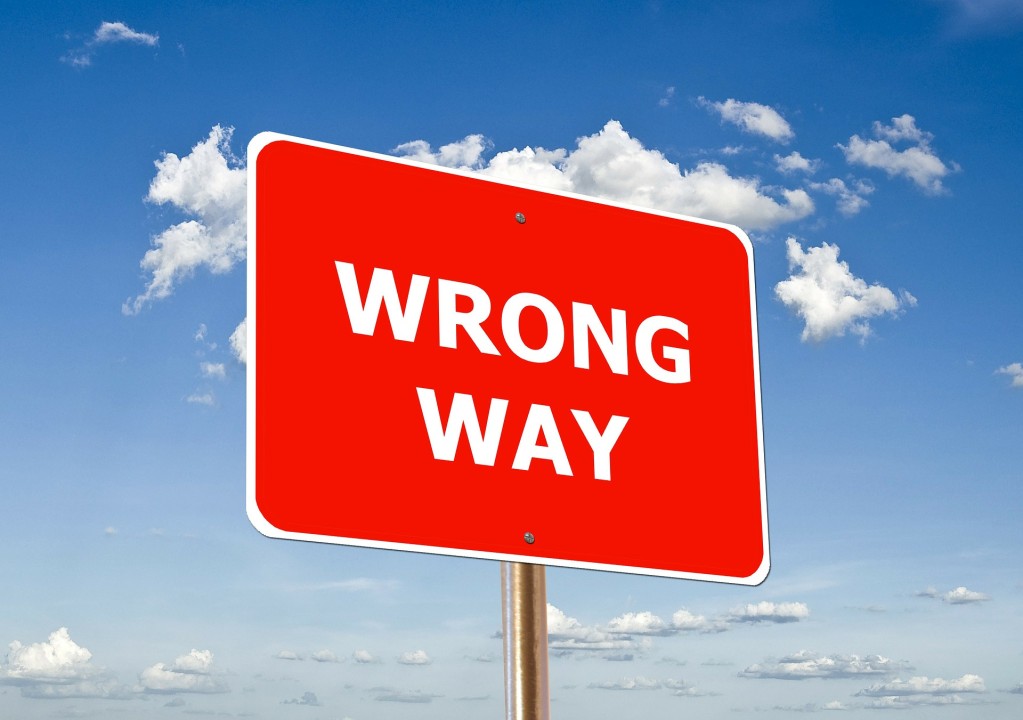During appellate briefing in Howard Jarvis Taxpayers Ass'n v. City of San Francisco (D1d5 Jan. 27, 2021) No. A157983, a case concerning whether a recent local tax increase on a voter initiative needed a two-thirds majority vote rather than a bare majority, another case on the same question was answered in a different case (that case is City and County of San Francisco v. All Persons Interested in the Matter of Proposition C (2020) 51 Cal.App.5th 703). The other case was unfavorable to appellants. The other case, though of parallel jurisdiction and thus not binding, nonetheless was decisive on the issues.
Appellants' counsel did not mention the unfavorable new case in their briefing. In fairness to appellants, the unfavorable new case only came out two months before their reply brief was filed. Sometimes very recent authorities escape counsel's attention. Unfortunately, appellants were also the same losing parties in the unfavorable new case (albeit represented by different counsel).
And removing all doubt, appellants' counsel admitted at oral argument she was aware of the unfavorable new case in time to brief it, but had chosen not to brief it because, she explained, that other case was "different."
The First District obviously did not agree. It exhaustively analyzed the unfavorable new case, found it persuasive, and adopted its reasoning.
"We admonish counsel," the court stated in its published opinion, "to candidly acknowledge such authority in the future." The court cited Jon B. Eisenberg et al., Cal. Practice Guide: Civil Appeals and Writs (The Rutter Group 2020) ¶ 9:58 ["Your failure to confront unfavorable relevant holdings will be regarded as an attempt to deceive and mislead the court."]; Rules Prof. Conduct, rule 3.3(a)(2) ["A lawyer shall not: [¶] . . . [¶] (2) fail to disclose to the tribunal legal authority in the controlling jurisdiction known to the lawyer to be directly adverse to the position of the client and not disclosed by opposing counsel," fns. omitted].
Before issuing its opinion, the court did invite further briefing from the parties on the new case. So counsel's misstep here did not effect any probable change in the court's opinion on the merits. But it likely effected a change in the court's opinion on her credibility.
h/t Ben Shatz.
Tim Kowal helps trial attorneys and clients win their cases and avoid error on appeal. He co-hosts the Cal. Appellate Law Podcast at www.CALPodcast.com, and publishes a newsletter of appellate tips for trial attorneys at www.tvalaw.com/articles. Contact Tim at [email protected] or (714) 641-1232.

